In quantum mechanics, skyrmions can appear as stable, wave-like structures that help protect quantum information.


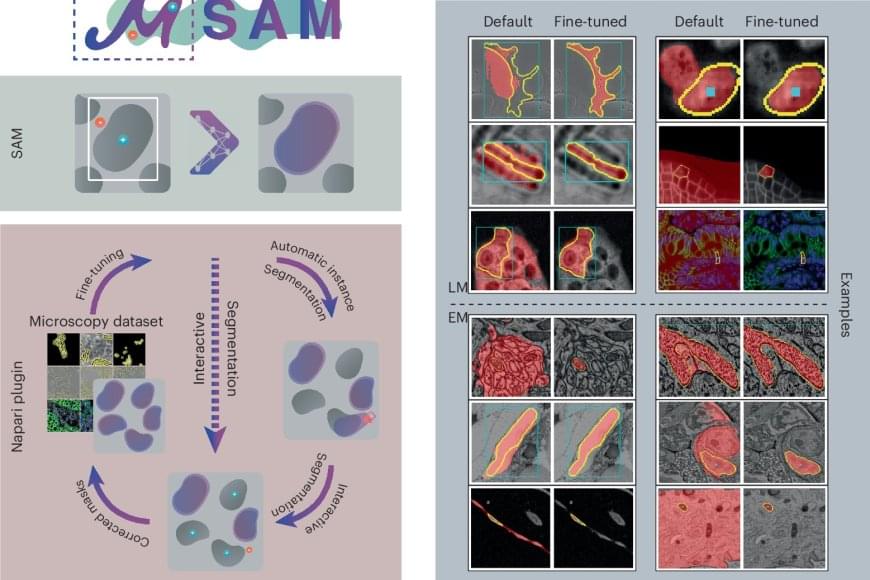
To adapt the existing software to microscopy, the research team first evaluated it on a large set of open-source data, which showed the model’s potential for microscopy segmentation. To improve quality, the team retrained it on a large microscopy dataset. This dramatically improved the model’s performance for the segmentation of cells, nuclei and tiny structures in cells known as organelles.
The team then created their software, μSAM, which enables researchers and medical doctors to analyze images without the need to first manually paint structures or train a specific AI model. The software is already in wide use internationally, for example to analyze nerve cells in the ear as part of a project on hearing restoration, to segment artificial tumor cells for cancer research, or to analyze electron microscopy images of volcanic rocks.
“Analyzing cells or other structures is one of the most challenging tasks for researchers working in microscopy and is an important task for both basic research in biology and medical diagnostics,” says the author.
Identifying and delineating cell structures in microscopy images is crucial for understanding the complex processes of life. This task is called “segmentation” and it enables a range of applications, such as analysing the reaction of cells to drug treatments, or comparing cell structures in different genotypes. It was already possible to carry out automatic segmentation of those biological structures but the dedicated methods only worked in specific conditions and adapting them to new conditions was costly.
An international research team has now developed a method by retraining the existing AI-based software Segment Anything on over 17,000 microscopy images with over 2 million structures annotated by hand.
Their new model is called Segment Anything for Microscopy and it can precisely segment images of tissues, cells and similar structures in a wide range of settings. To make it available to researchers and medical doctors, they have also created μSAM, a user-friendly software to “segment anything” in microscopy images. Their work was published in Nature Methods.
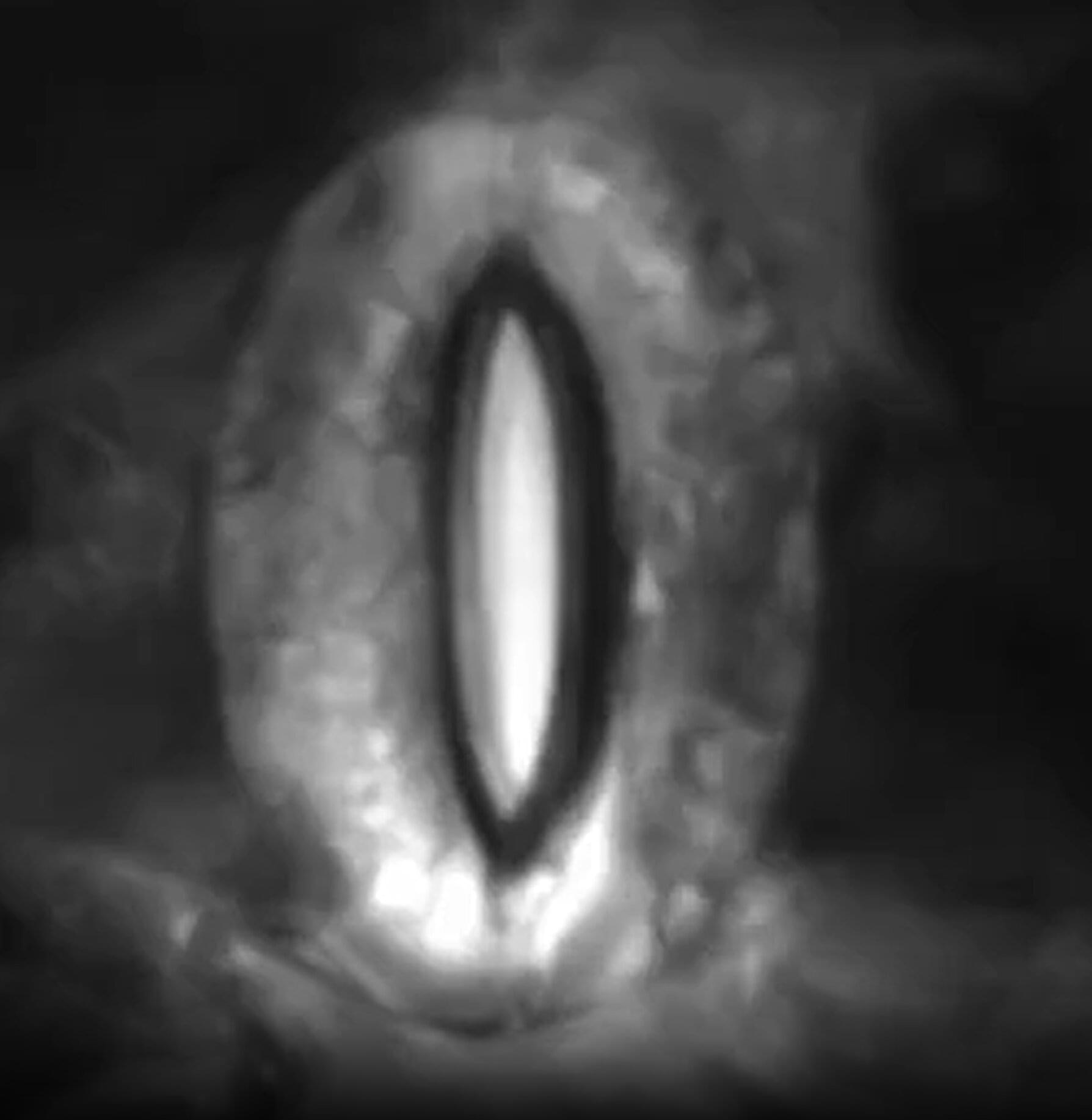
Every time the temperature drops, a cloud passes overhead, or the sun sets, a plant makes a choice: Keep its microscopic pores, called stomata, open to absorb carbon dioxide and continue photosynthesizing or close them to protect its precious stores of water. That capacity to open and close pores requires the plant to respond to subtle environmental changes by adjusting the pressure within the cells of the stomata—a complex ability that plants evolved over hundreds of millions of years.
An interdisciplinary team of biologists, physicists, and engineers, led by researchers at the Yale School of the Environment, has developed a method to observe those pressure changes. The new approach, detailed in a study published in PNAS, vastly expands the rate at which—and the number of species from which—scientists can take measurements, opening up new possibilities for research on plant evolution and physiology with valuable applications for improving water efficiency, the researchers said.
“Almost every single land plant is using this principle of internal pressure in order to grow, reproduce, and do everything a plant does, but we previously had basically no access to this measurement,” said Craig Brodersen, the Howard and Maryam Newman Professor of Plant Physiological Ecology and the lead author of the study.
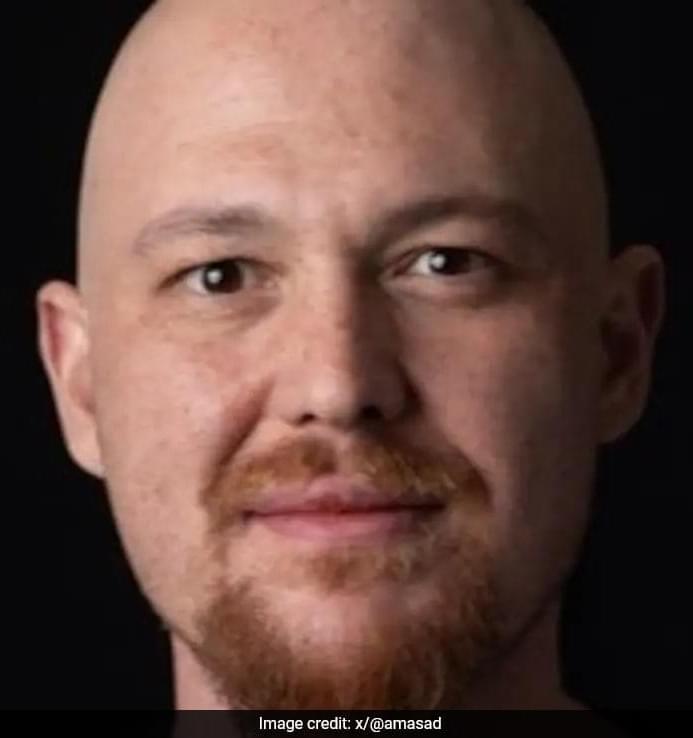
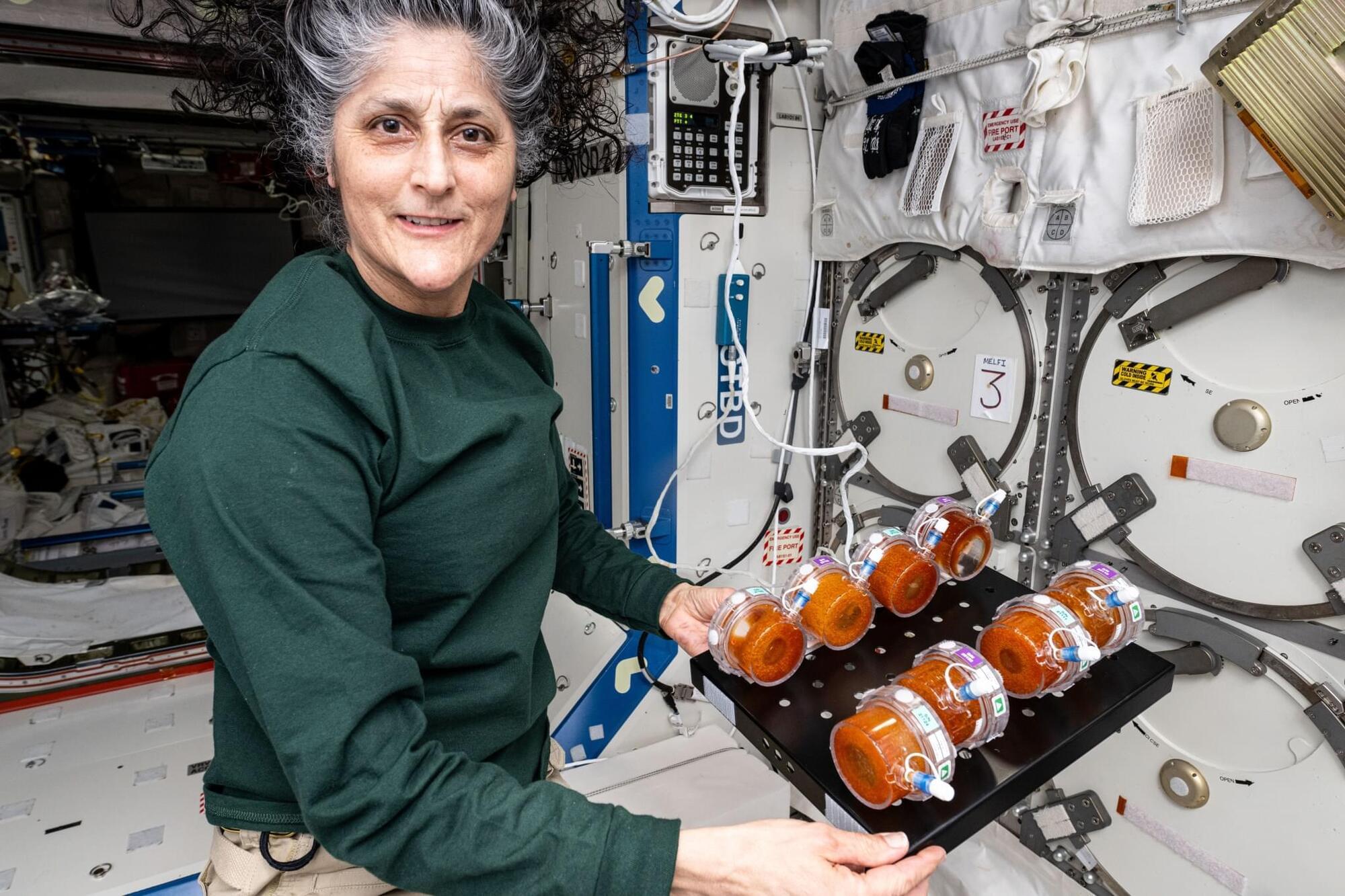
NASA’s BioNutrients series of experiments is testing ways to use microorganisms to make nutrients that will be needed for human health during future long-duration deep space exploration missions.
Some vital nutrients lack the shelf-life needed to span multi-year human missions, such as a mission to Mars, and may need to be produced in space to support astronaut health. To meet this need, the BioNutrients project uses a biomanufacturing approach similar to making familiar fermented foods, such as yogurt. But these foods will also include specific types and amounts of nutrients that crews will be able to consume in the future.
The first experiment in the series, BioNutrients-1, set out to assess the five-year stability and performance of a hand-held system—called a production pack—that uses an engineered microorganism, yeast, to manufacture fresh vitamins on-demand and in space.


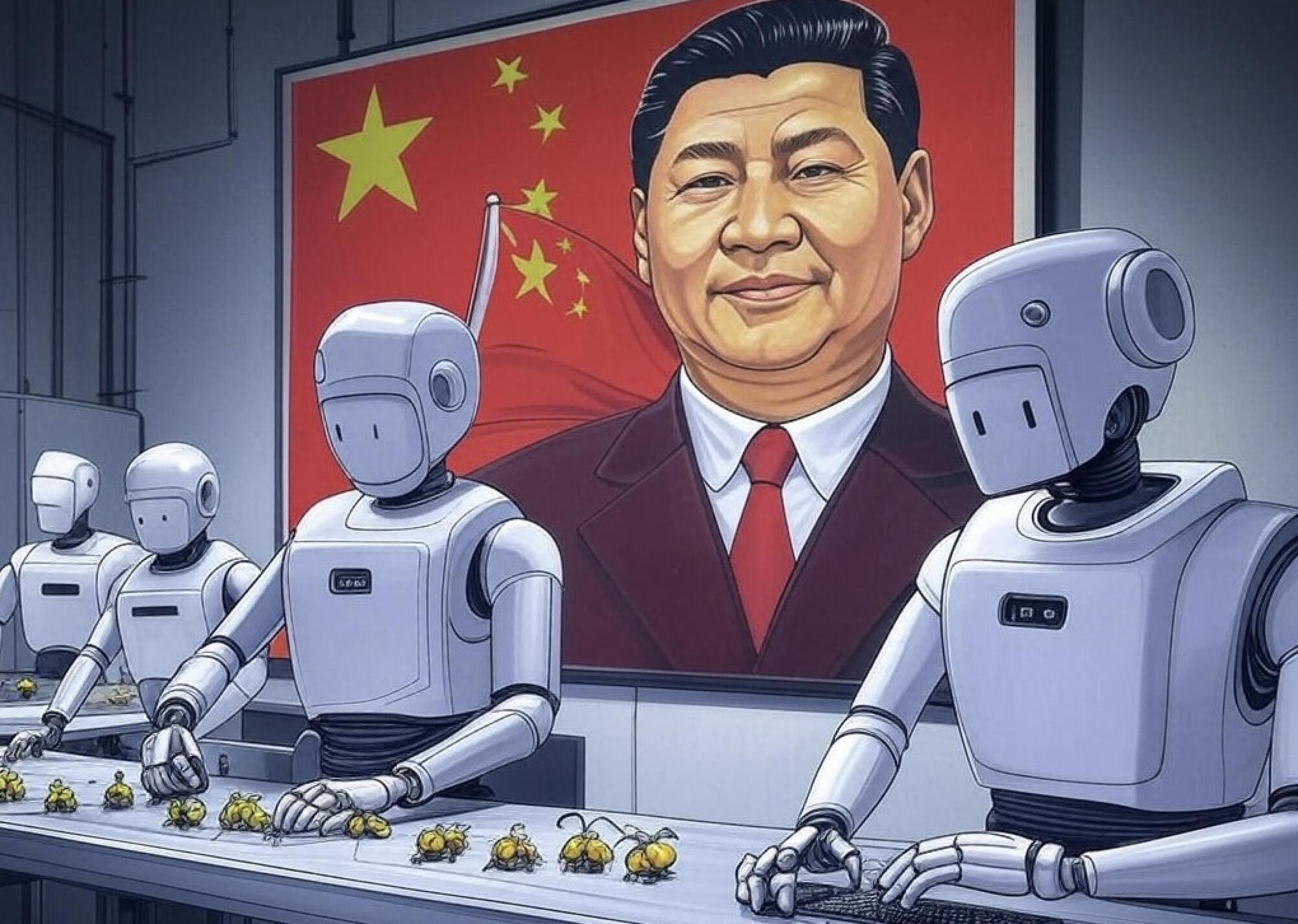

While researchers continue to work on a full cure for Alzheimer’s disease, they’re finding treatments that can help manage symptoms and delay their onset, including the recently approved next-gen therapies lecanemab and donanemab.
Both treatments have been approved by US regulators in the last couple of years, and they work by clearing out some of the amyloid protein plaques in the brain that are linked to Alzheimer’s. However, there’s some debate over how effective they are.
To quantify the effectiveness of lecanemab and donanemab in more meaningful terms, researchers from the Washington University School of Medicine (WashU Medicine) recruited 282 volunteers with Alzheimer’s, analyzing the impacts of taking these drugs over an average of nearly three years.
